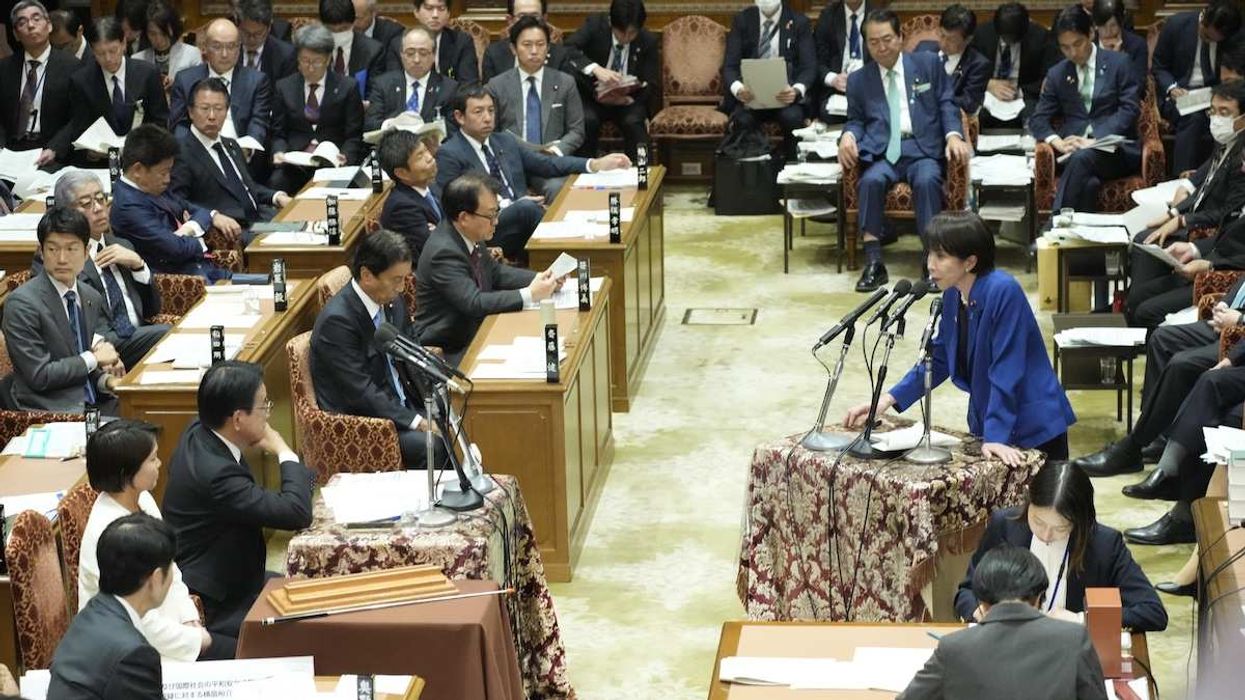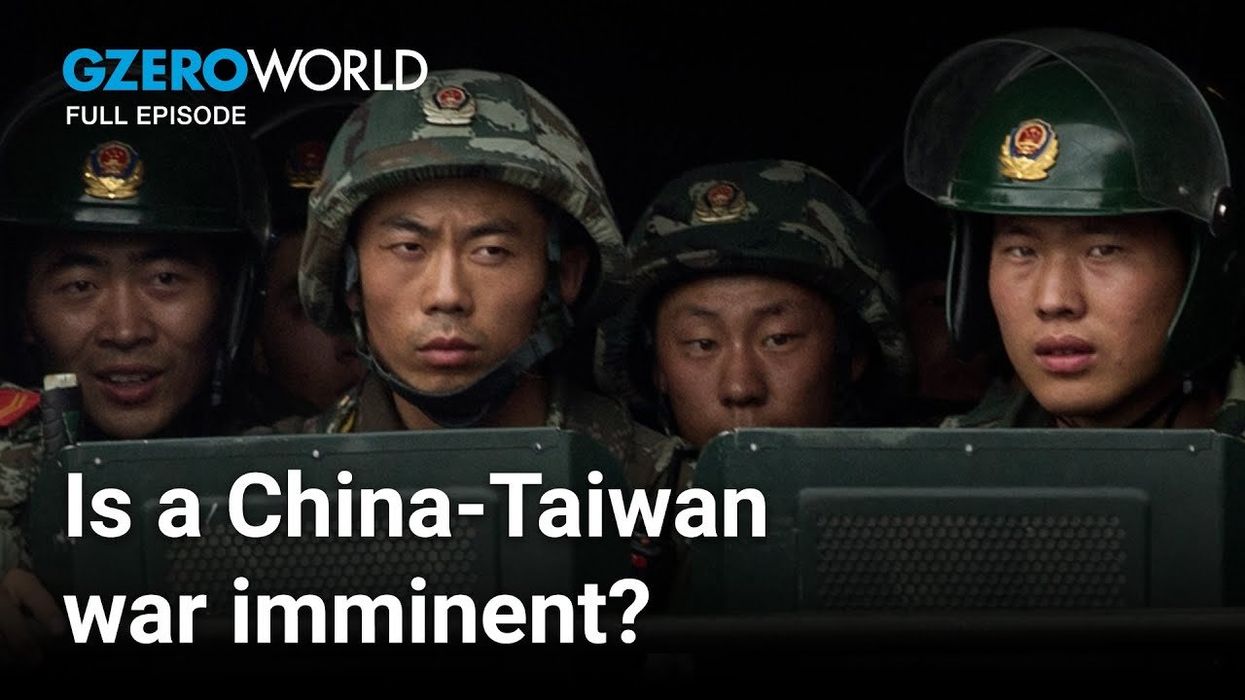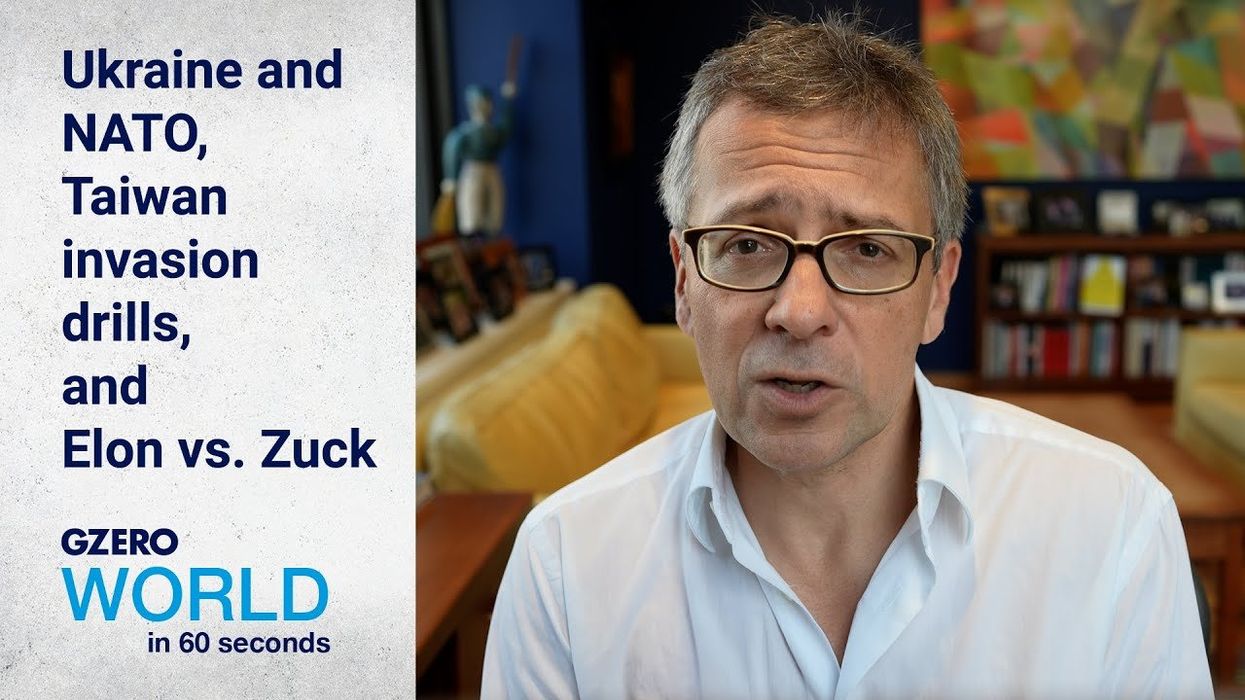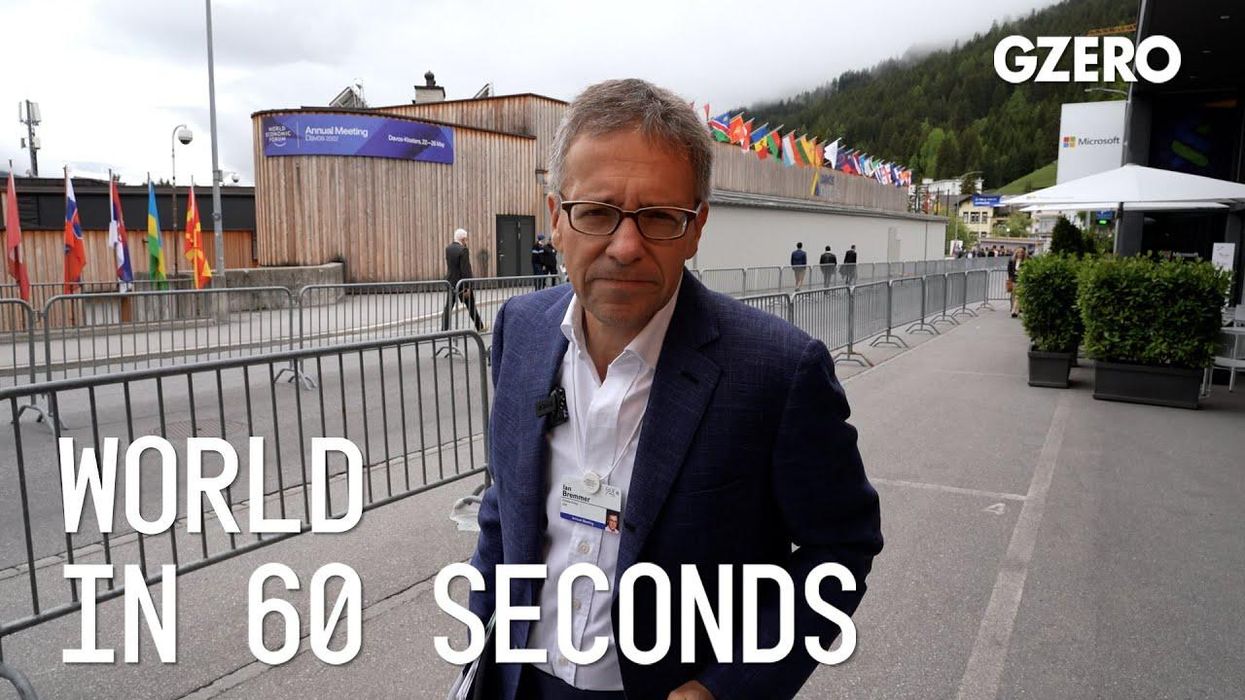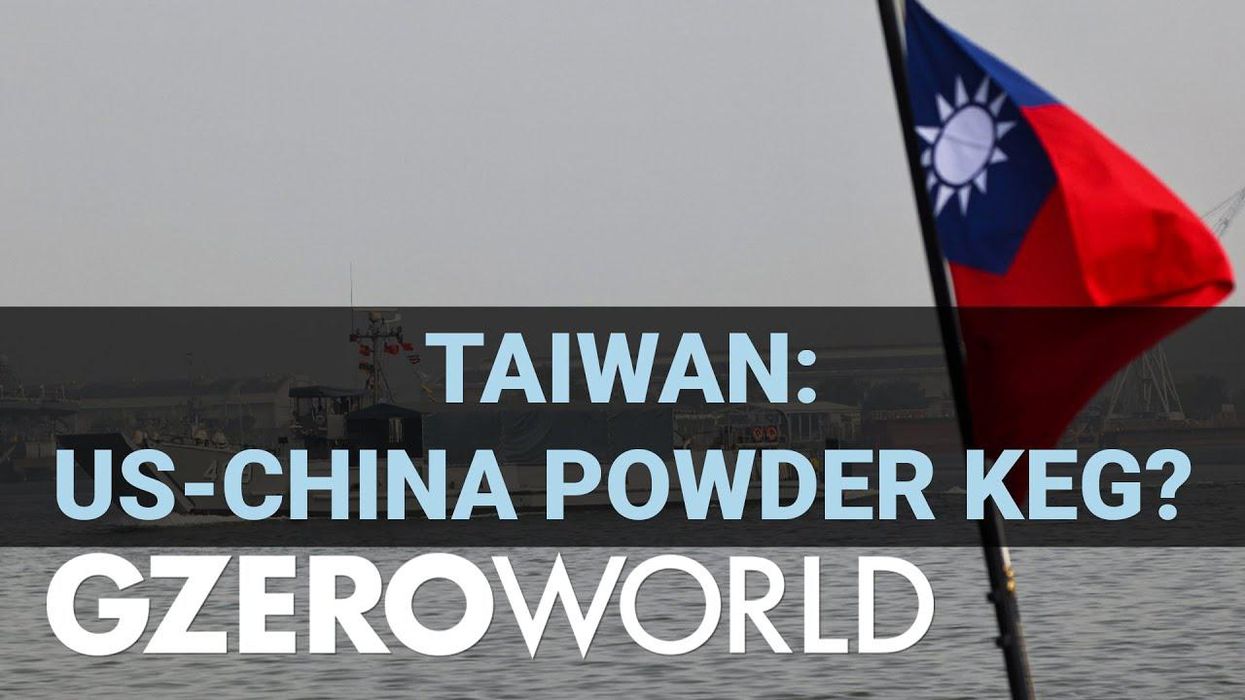Analysis
Japan-China spat over Taiwan escalates
Tensions between Tokyo and Beijing hit a boiling point last Friday after Japan’s Prime Minister Sanae Takaichi suggested that her country would defend Taiwan if China attacked the island. Tensions have grown since.
Nov 24, 2025
